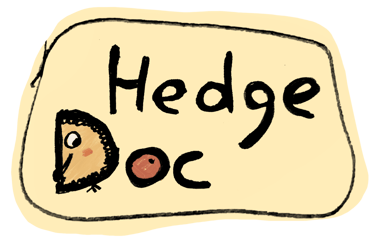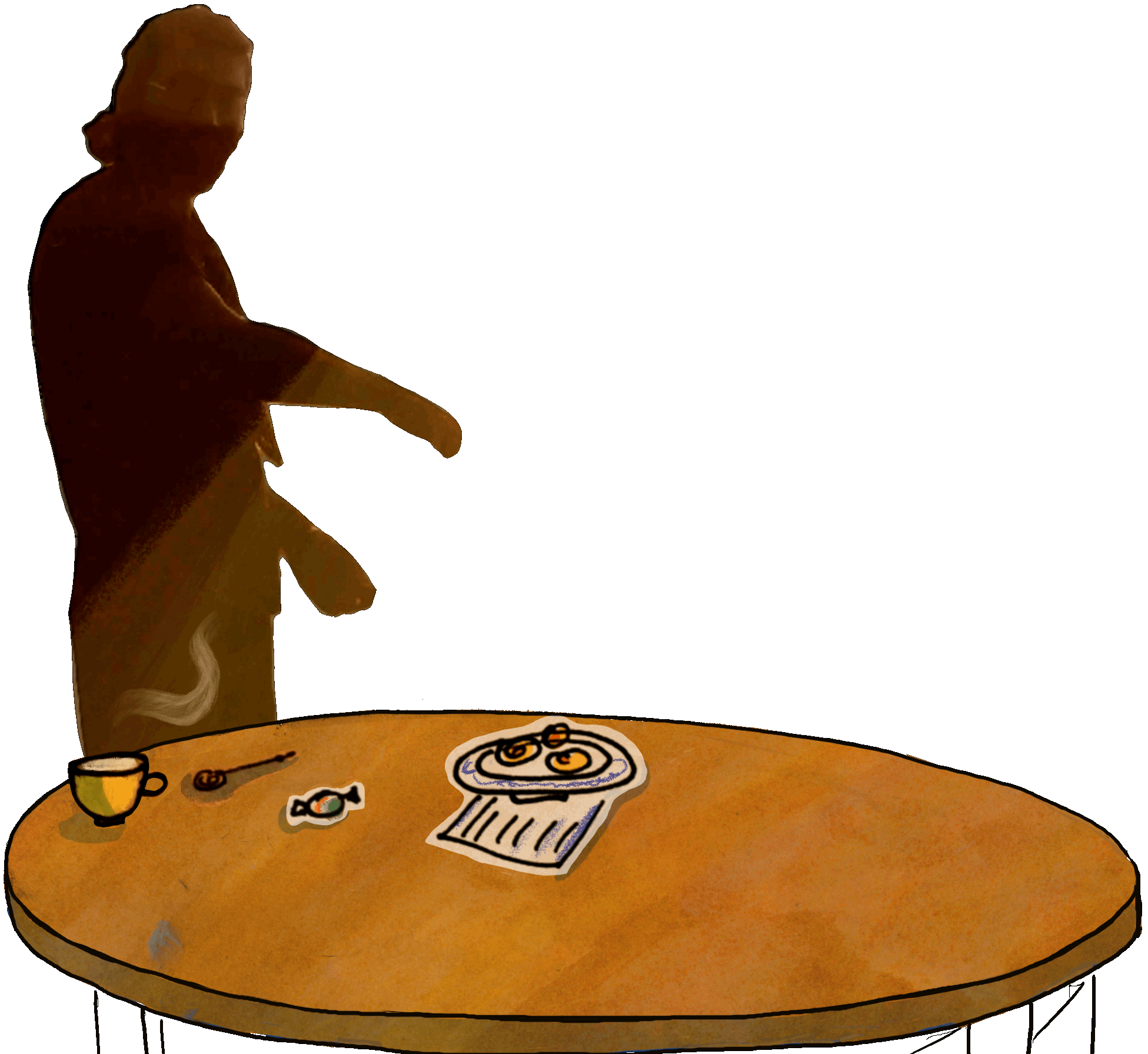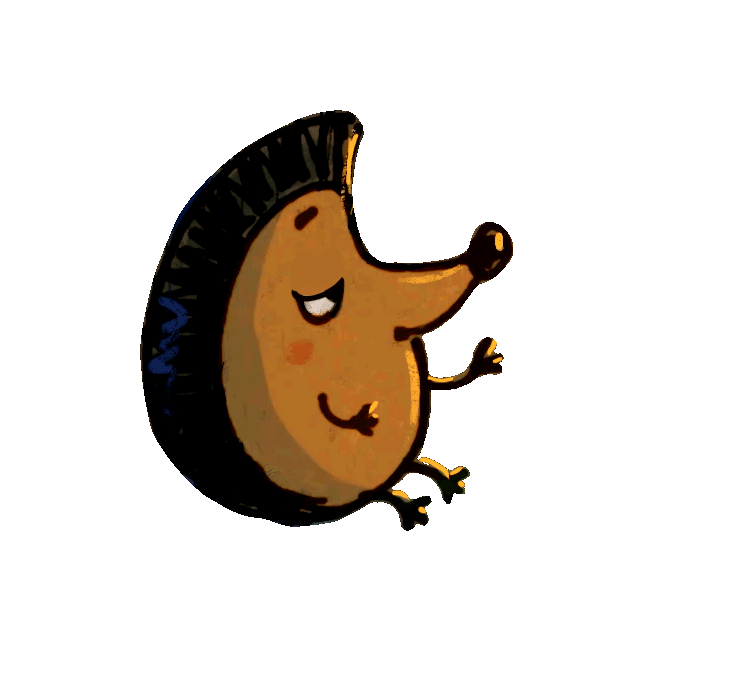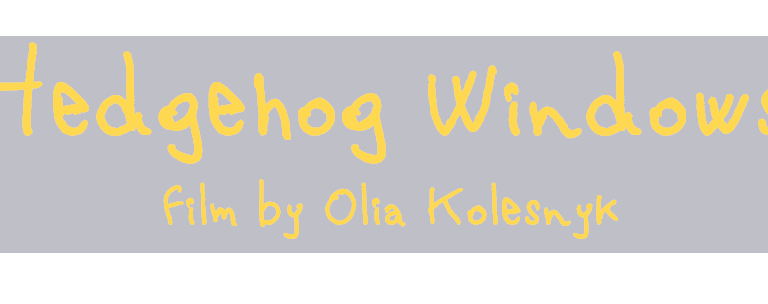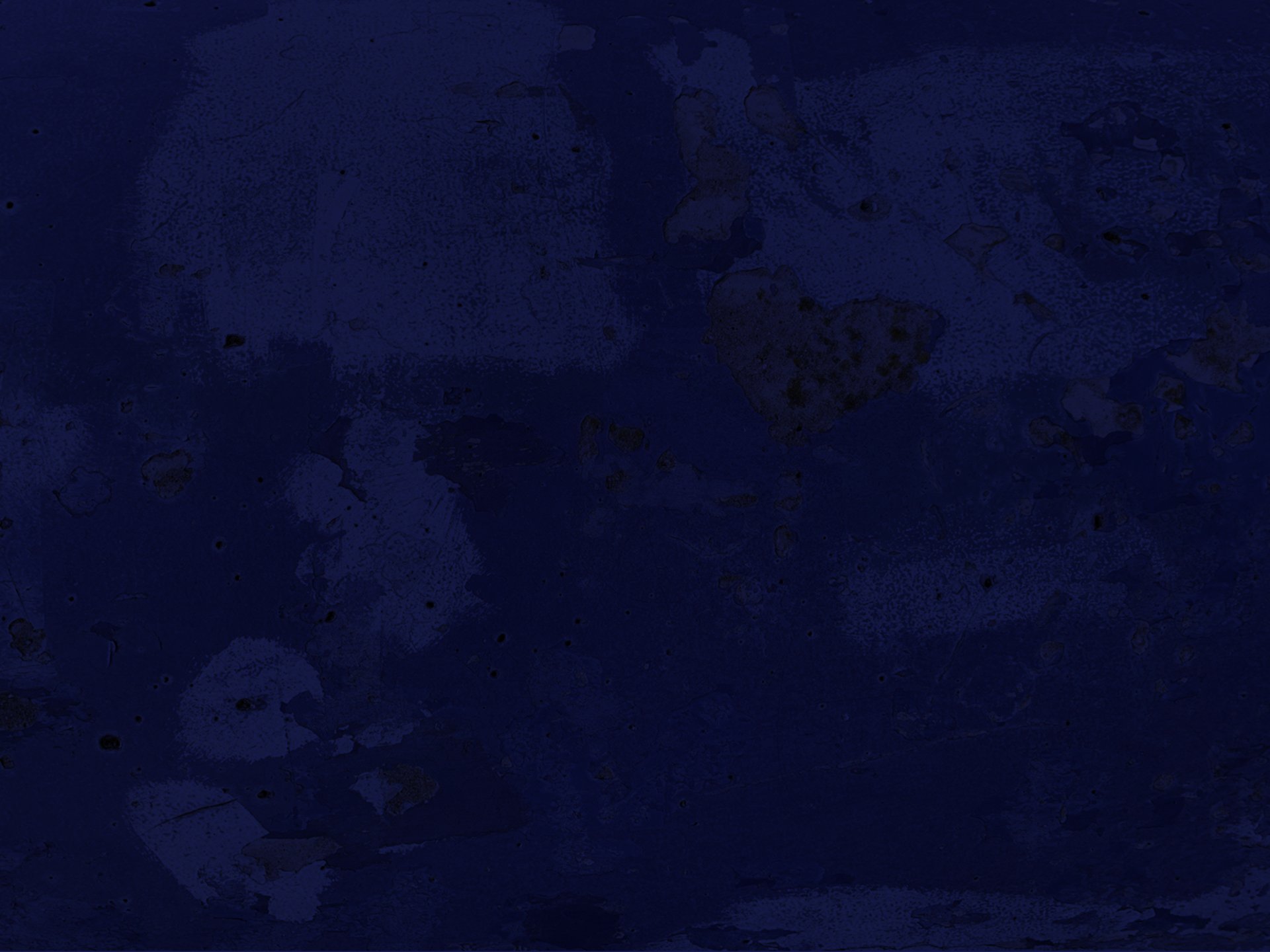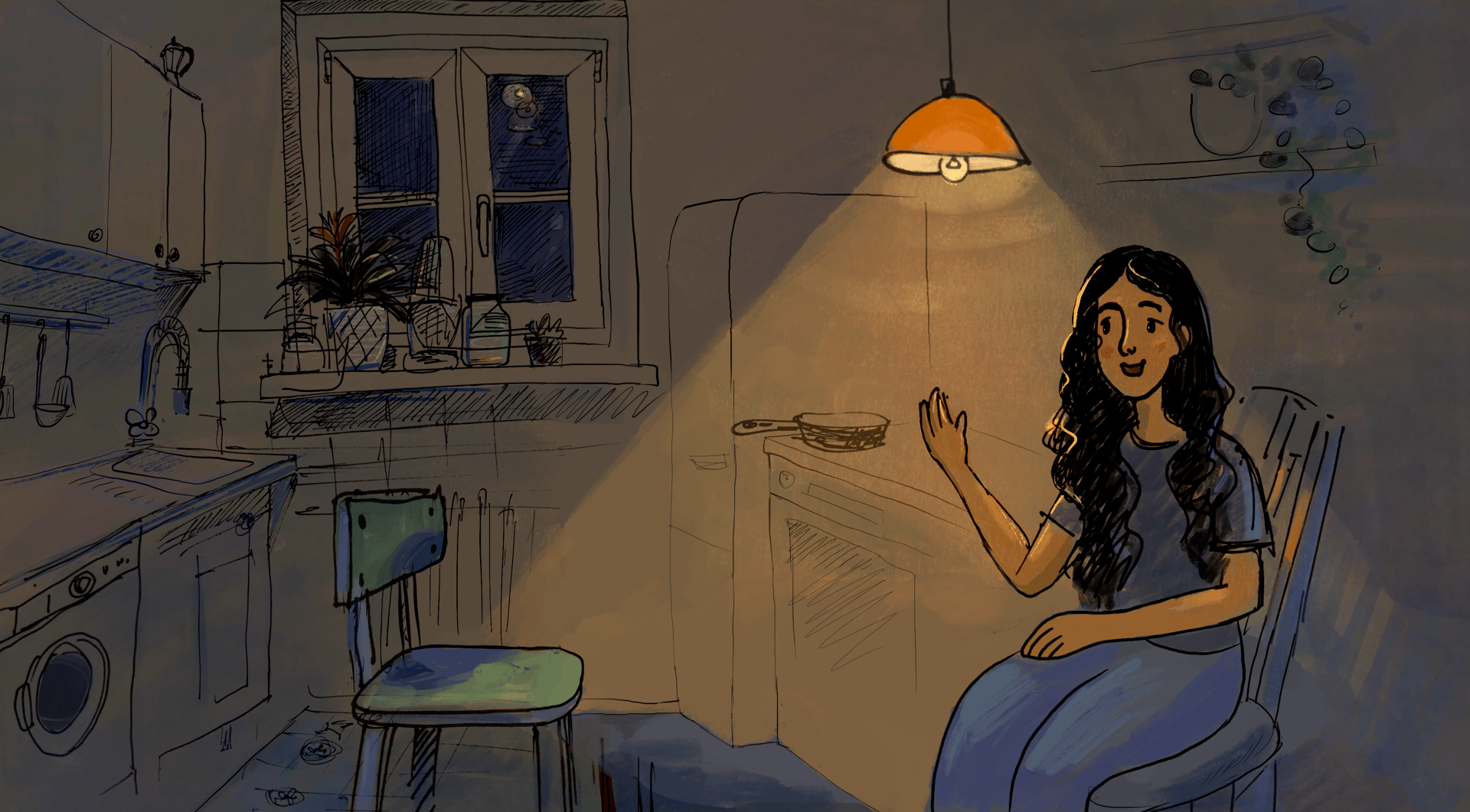
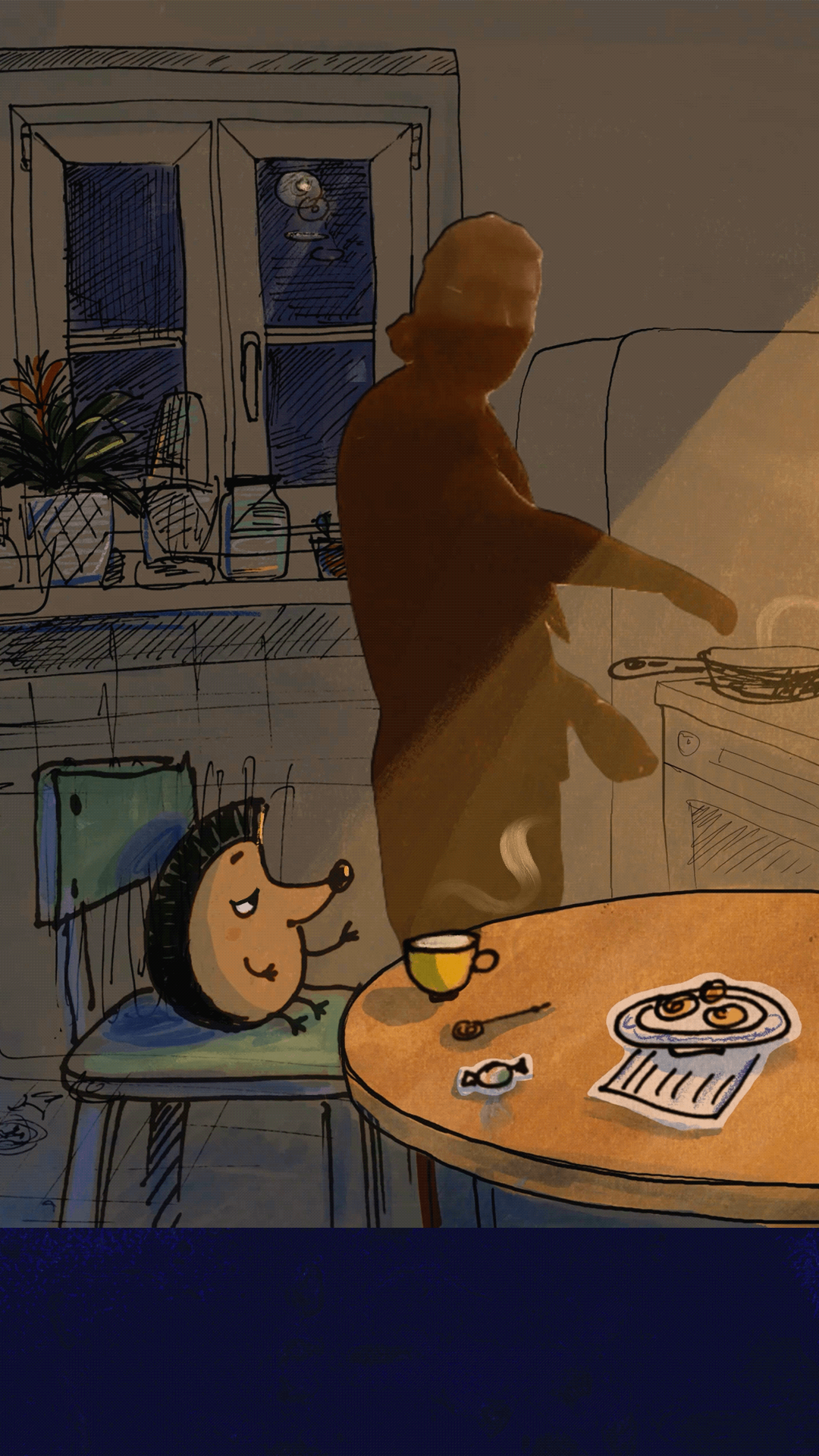
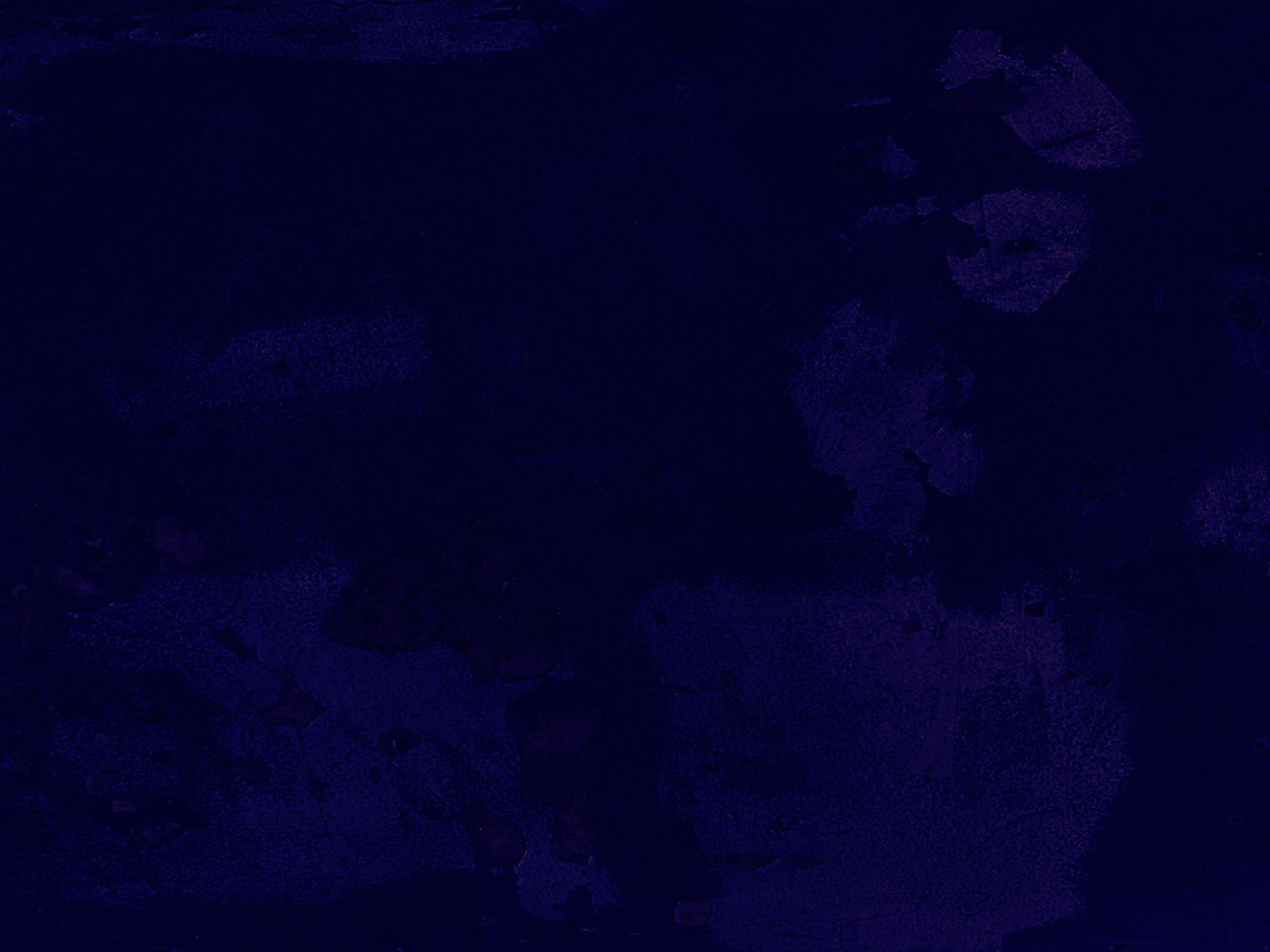
Synopsis:
Hedgehog Windows is a documentary that explores the inner worlds of neurodivergent adults. It addresses a significant gap between research and the lived experiences of neurodivergent people, highlighting their personal stories. The film gives them a “voice” metaphorically and literally by using their voice recordings as the base for its storyline.
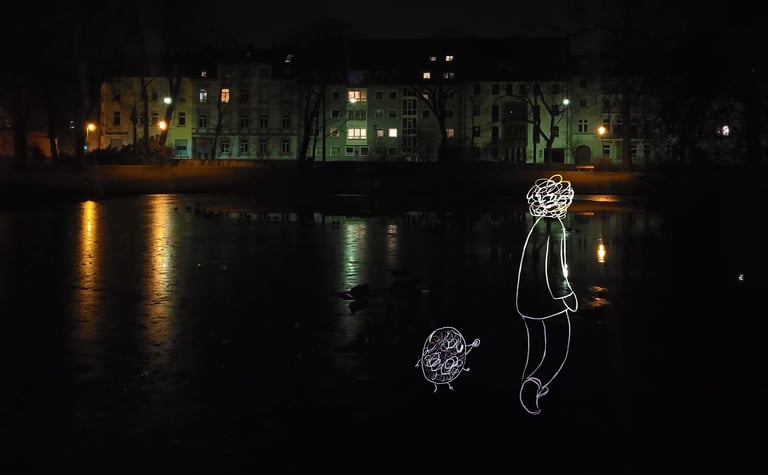

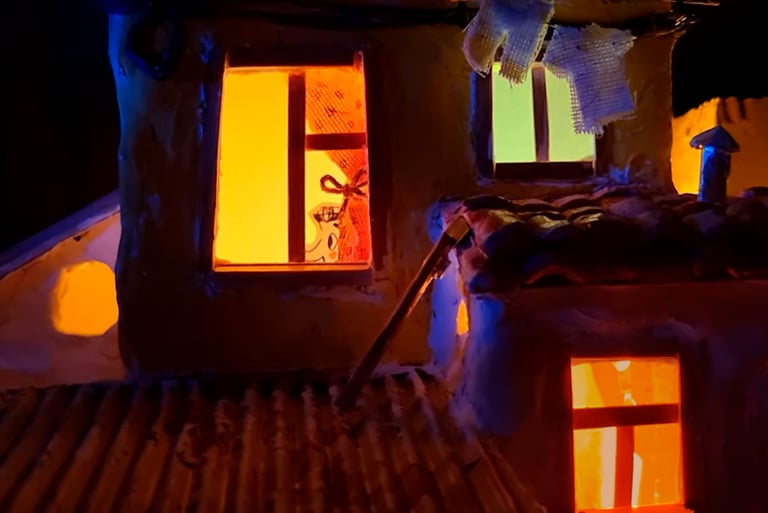

Animated documentary series about neurodivergent people (ADHD, ASD, and everyone in between)
Hedgehog Windows invites into a space of active listening, where stories and different ways of being can unfold without judgment.
It's a soft introduction to unspoken struggles and the inner beauty of being different.
Director Statement:
Hedgehog Windows started from my late diagnosis of ADHD and autism, which sparked my deep interest in neurodivergence. Limited existing research on the topic couldn’t answer many of my questions, and at some point, the available information and media started to feel repetitive. It motivated me to create a project that would provide others with emotional encouragement, validation, and a sense of belonging that I lacked so much.
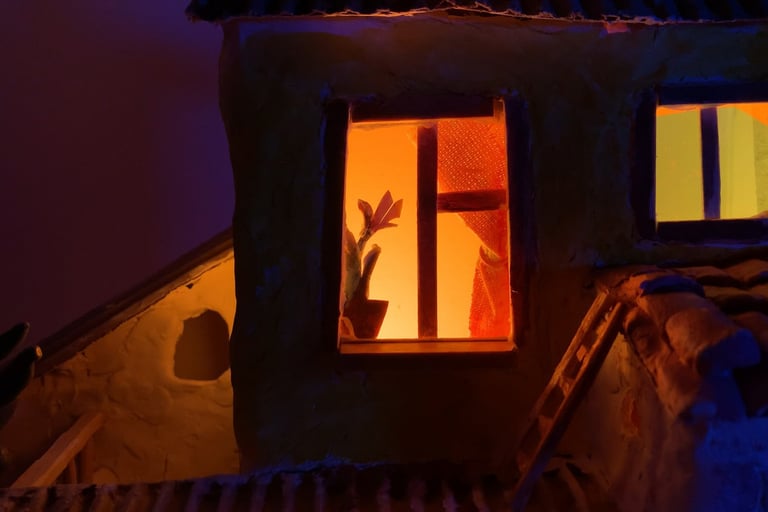

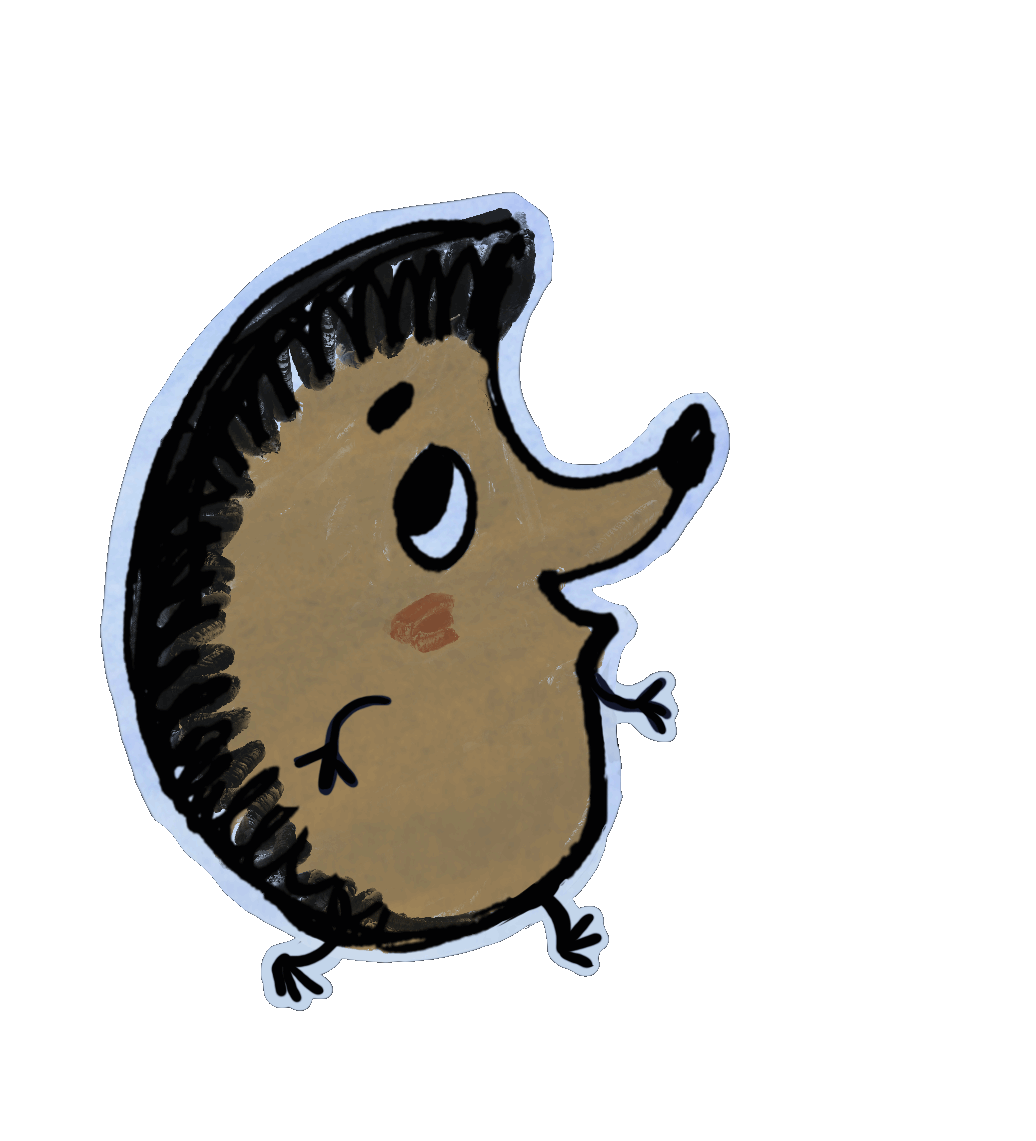

I aimed to give voice to neurodivergent first-person narratives — stories often overlooked and misunderstood. So I went to neurodivergent people around me: to discover their personal coping strategies, emotions, and everyday moments. I hoped to recreate a feeling of deep conversation with a good friend, to provide viewers emotional validation and support, and to deliver the message “it’s okay to be the way you are”. By raising awareness about various neurodivergent conditions softly and appreciatively, I also hope others will get to “know” faster.
This film collected the essence of the insights, thoughts, and ideas that supported me during “low” times between the first discovery and the official diagnosis. The Hedgehog represents my own voice — a soft, curious character who gently guides viewers through this journey. I hope to offer a feeling of belonging and a small “piece of light” to those who find themselves reflected in these windows.
The film gently unfolds the story of Gaura, a possibly neurodivergent person with ADHD traits. His voice serves as a window into both personal and shared experiences, offering real-life reflections on identity, creativity, and self-understanding.
Guided by the curious hedgehog character, viewers can dive into moments of insight, vulnerability, and emotional connection. Instead of framing neurodivergence through medical labels, the film allows viewers to relate to and recognize themselves independently of any diagnosis.
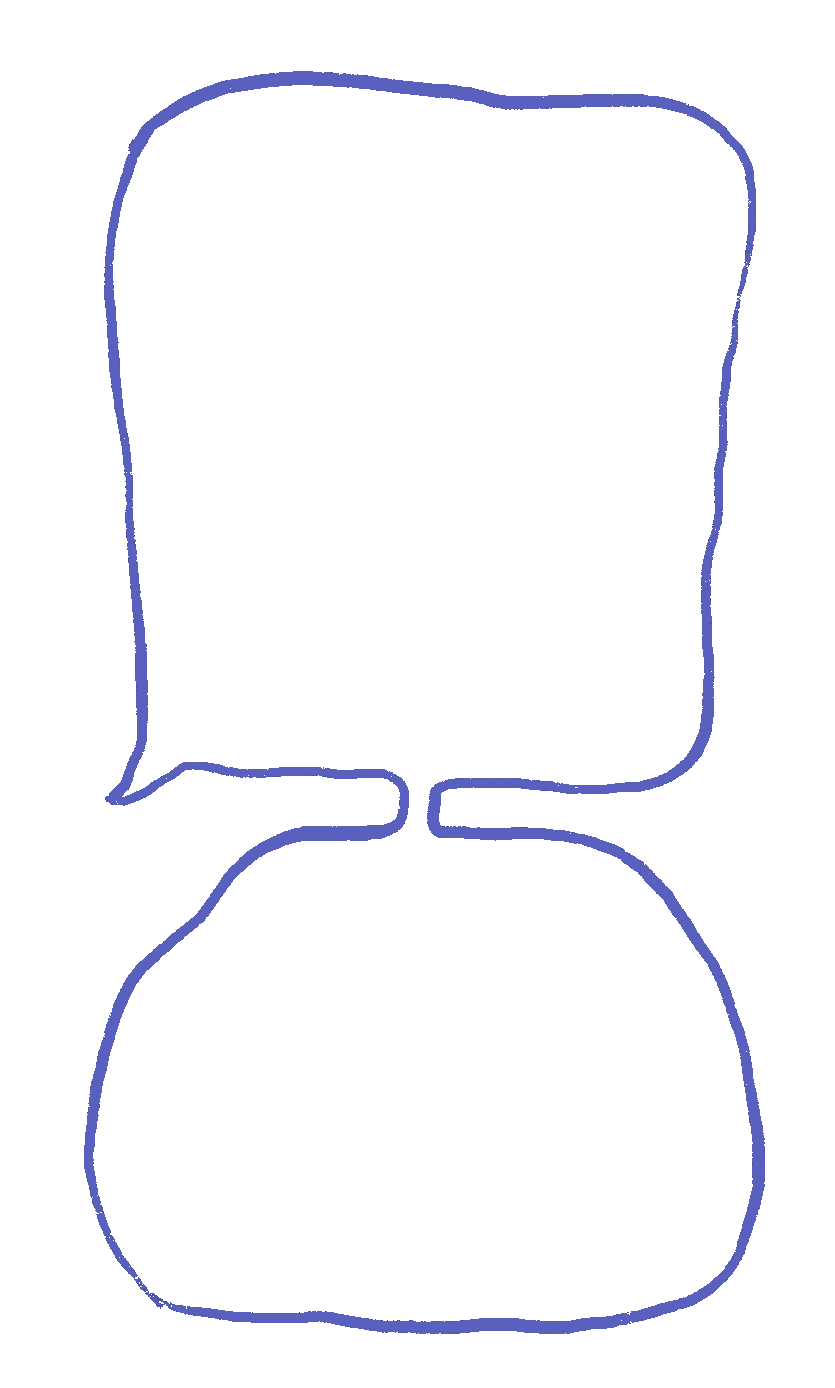


Synopsis
Hedgehog Windows is a documentary that explores the inner worlds of neurodivergent adults. It addresses a significant gap between research and the lived experiences of neurodivergent people, highlighting their personal stories. The film gives them a “voice” metaphorically and literally by using their voice recordings as the base for its storyline.
The film gently unfolds the story of Gaura, a possibly neurodivergent person with ADHD traits. His voice serves as a window into both personal and shared experiences, offering real-life reflections on identity, creativity, and self-understanding.
Guided by the curious hedgehog character, viewers can dive into moments of insight, vulnerability, and emotional connection. Instead of framing neurodivergence through medical labels, the film allows to relate and recognize oneself independently of any diagnosis.


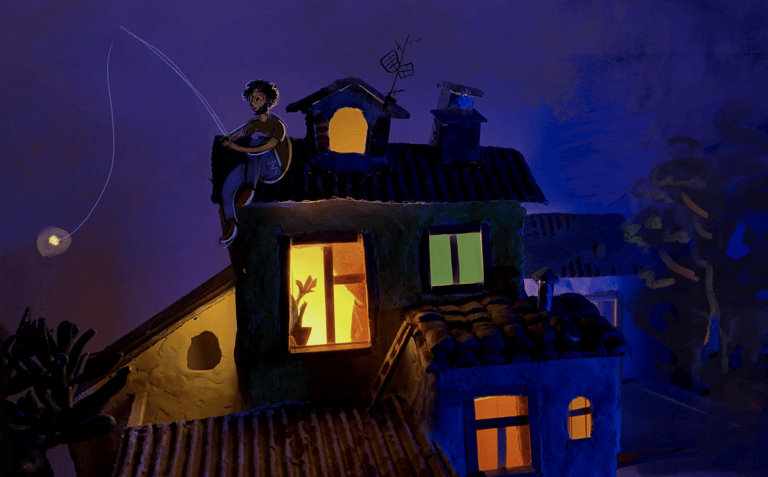



Animated documentary series about neurodivergent people (ADHD, ASD, and everyone in between)
Hedgehog Windows invites into a space of active listening, where stories and different ways of being can unfold without judgment.
It's a soft introduction to unspoken struggles and the inner beauty of being different.
Director Statement
Hedgehog Windows started from my late diagnosis of
ADHD and autism, which sparked my deep interest in neurodivergence. Limited existing research on the topic couldn’t answer many of my questions, and at some point, the available information and media started to feel repetitive. It motivated me to create a project that would provide others with emotional encouragement, validation, and a sense of belonging that I lacked so much.




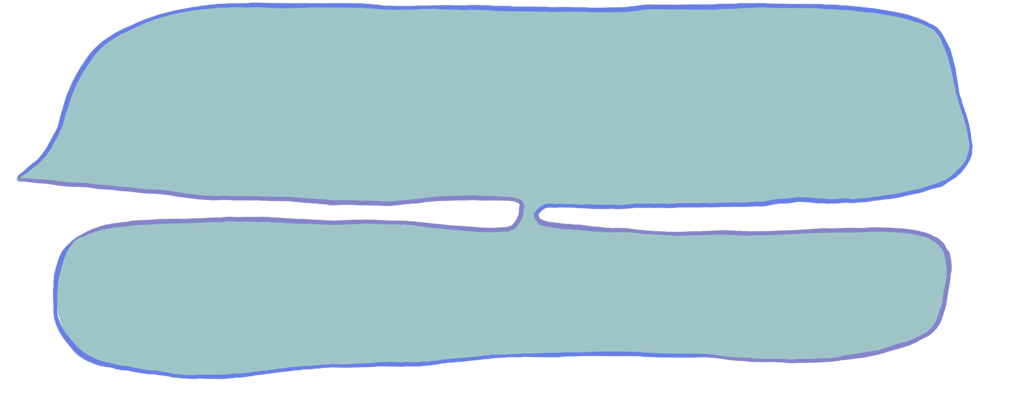

I aimed to give voice to neurodivergent first-person narratives — stories often overlooked and misunderstood. So I went to neurodivergent people around me: to discover their personal coping strategies, emotions, and everyday moments. I hoped to recreate a feeling of deep conversation with a good friend, to provide viewers emotional validation and support, and to deliver the message “it’s okay to be the way you are”.
By raising awareness about various neurodivergent conditions softly and appreciatively, I also hope others will get to “know” faster.
This film collected the essence of the insights, thoughts, and ideas that supported me during “low” times between the first discovery and the official diagnosis. The Hedgehog represents my own voice — a soft, curious character who gently guides viewers through this journey. I hope to offer a feeling of belonging and a small “piece of light” to those who find themselves reflected in these windows.

Listen to the participant's feedback:
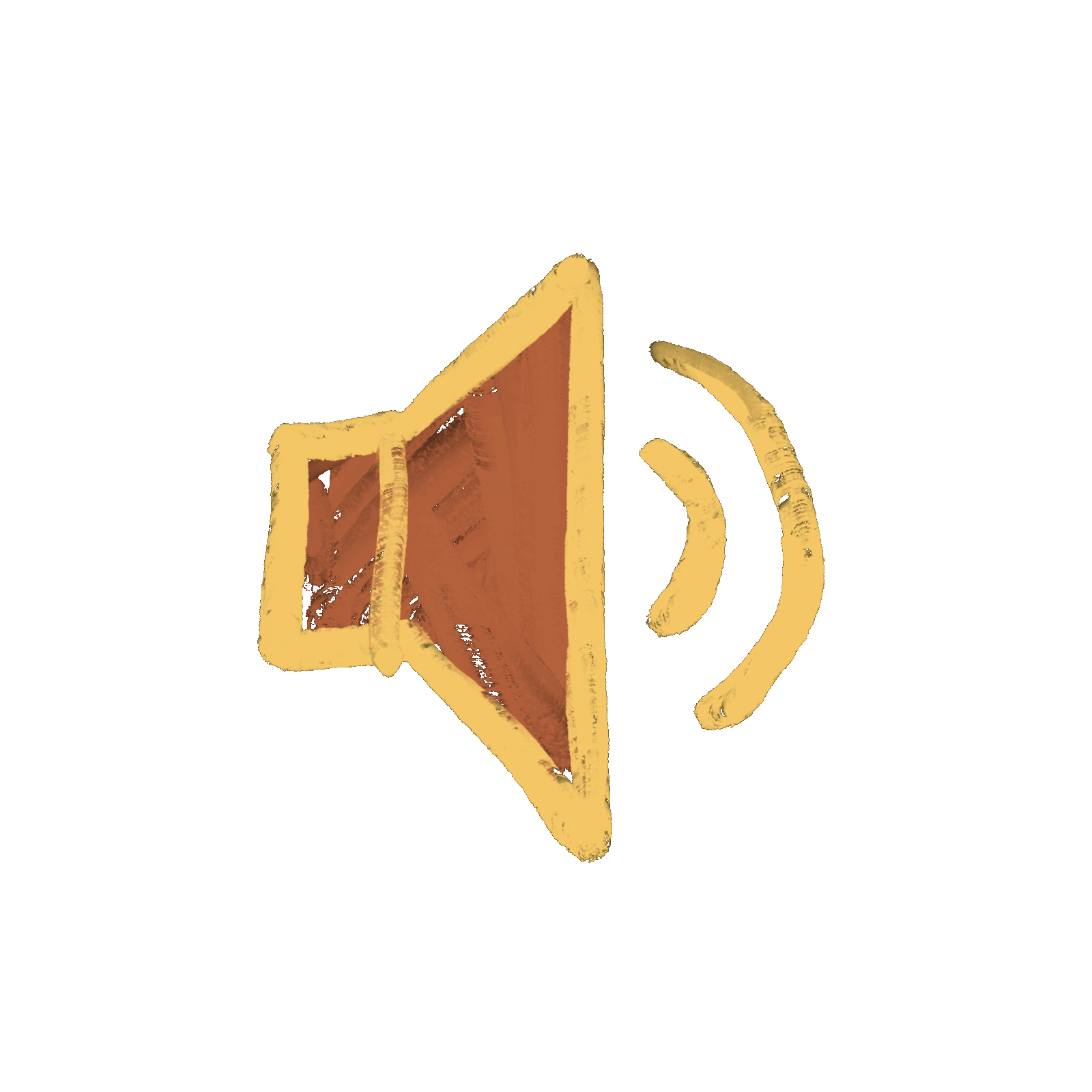

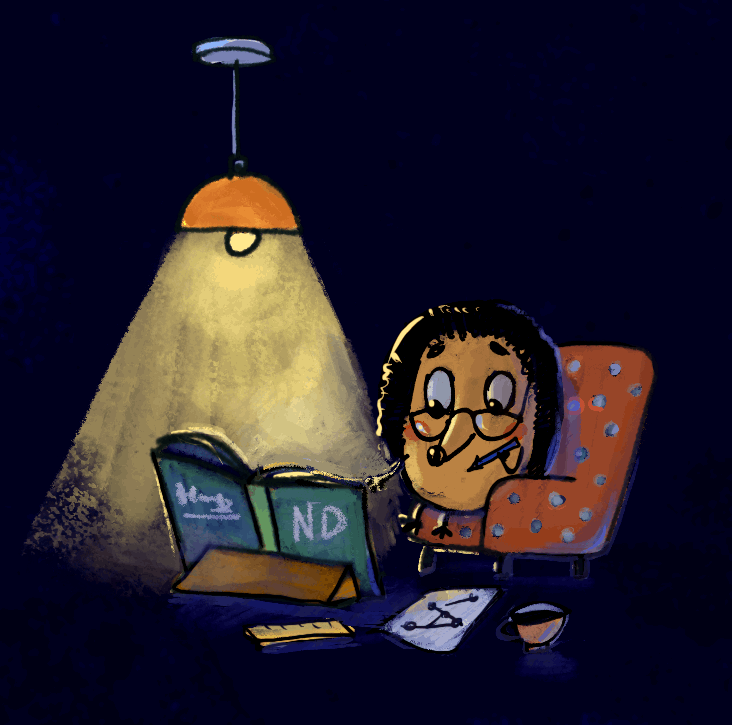

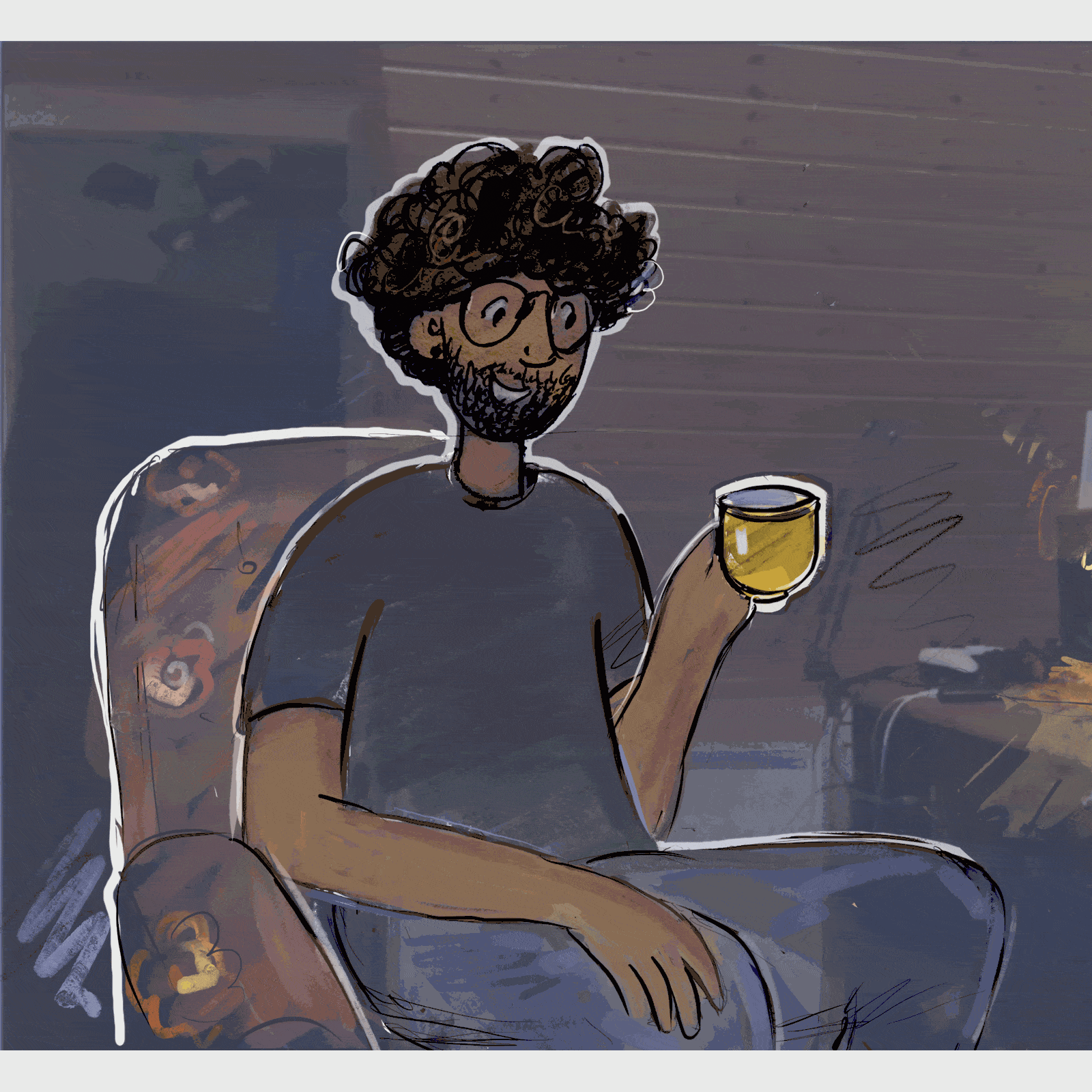

Research
While the heart of this project is an animated documentary, it was also developed as part of my Master’s thesis in Expanded Media. The film and the written work were created in parallel — one giving voice through visuals, the other through academic approach.
The research side of Hedgehog Windows was based on open-ended interviews, or Narrative sessions with neurodivergent adults and neurodivergent practitioners. These conversations informed both the documentary and my written thesis, which reflects on participatory storytelling, emotional empowerment, and visual narrative as a method of knowledge-making.
This thesis, “Neurodivergent Windows,” was selected for publication by Springer in their Best Masters Series. The expected publication date is August 15, 2025.
It gives voice to neurodivergent people: the holders of first-person experiences, who are often unheard.
Raises awareness about neurodiversity by addressing stereotypes and gaps in media representation of neurodivergent people, broadening the discussion beyond medical definitions.
Contributes to neurodiversity research by addressing the existing gap between scientific knowledge about neurodevelopmental conditions and the people who are living with those diagnoses.
It serves as an additional support tool for neurodivergent adults, holding potential for identity-building, emotional healing, and connection. It's a unique mirror for self-reflection, experience processing, and rewriting the personal story.
Tool for neurodivergent narrative advocacy that normalizes various representations and experiences as a part of natural biodiversity. The project aims to provide validation, a feeling of belonging, and the underlying message of “You are okay”.
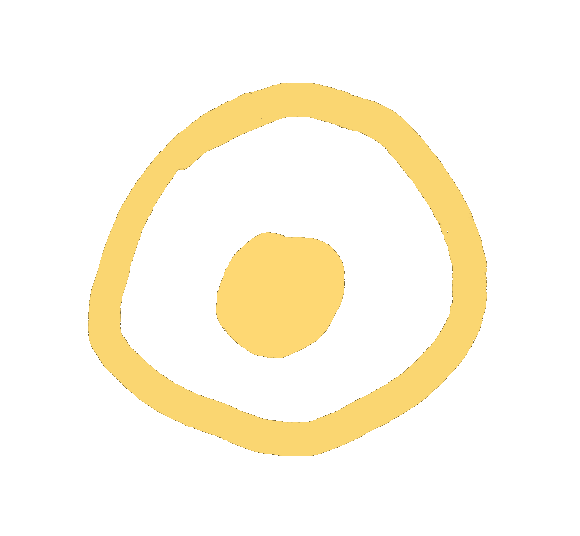



Potential value of the project:

Listen to the participant's feedback:






Research
While the heart of this project is an animated documentary, it was developed as part of my Master’s thesis in Expanded Media. The film and the written work were created in parallel, one giving voice through visuals and the other through an academic approach.
The research side of Hedgehog Windows was based on open-ended interviews, or Narrative sessions with neurodivergent adults and neurodivergent practitioners. These conversations informed both the documentary and my written thesis, which reflects on participatory storytelling, emotional empowerment, and visual narrative as a method of knowledge-making.
My book Neurodivergent Windows was published by Springer in the BestMasters Series, 2026
It gives voice to neurodivergent people: the holders of first-person experiences, who are often unheard.
Raises awareness about neurodiversity by addressing stereotypes and gaps in media representation, broadening the discussion beyond medical definitions.
Contributes to neurodiversity research by addressing the existing gap between scientific knowledge about neurodevelopmental conditions and the people who are living with those diagnoses.
Tool for neurodivergent narrative advocacy that normalizes various representations and experiences as a part of natural biodiversity. The project aims to provide validation, a feeling of belonging, and the underlying message of “You are okay”.
It serves as support tool for neurodivergent adults, holding potential for identity-building, emotional healing, and connection. It's a unique mirror for self-reflection, experience processing, and rewriting the personal story.





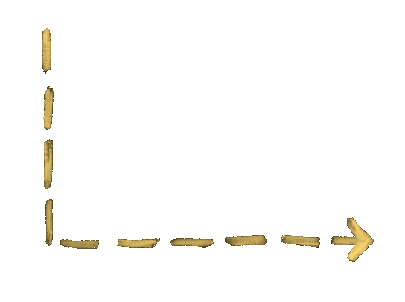

Potential value of the project:


